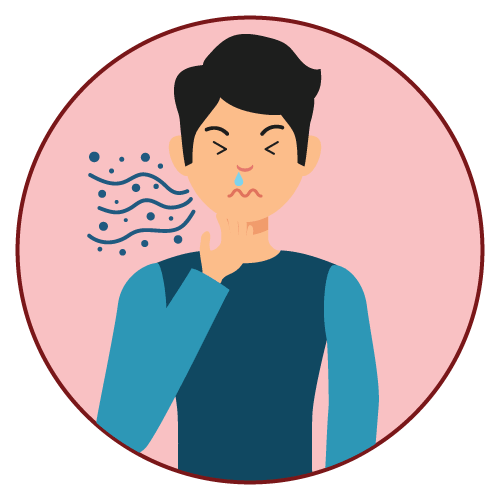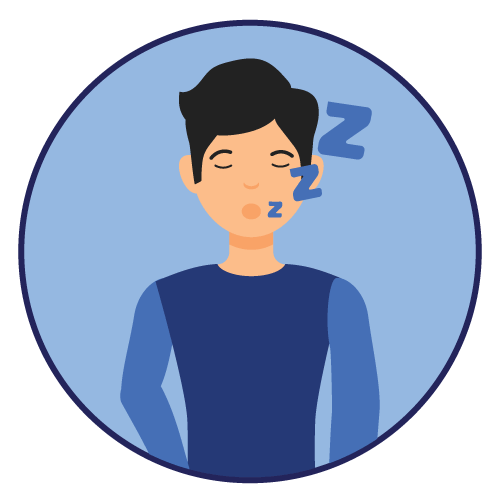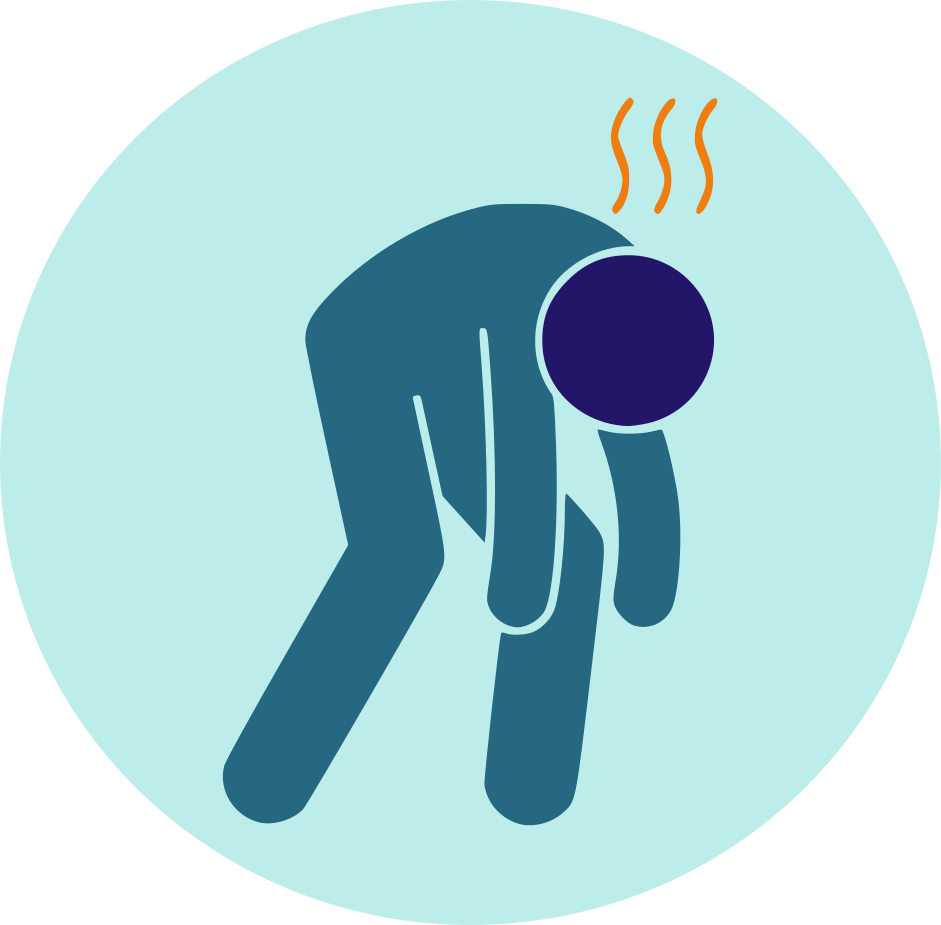| Name | Ebastine |
| Classes |
Respiratory Agent Antihistamine Antiallergic Agent |
| Diseases |
Allergic Reaction Rhinitis Urticaria |
Ebastine
Ebastine is a second-generation antihistamine. Ebastine is a selective histamine H1 receptor antagonist. It competes with histamine for binding to H1 receptors on the effector cells in the gastrointestinal tract, blood vessels, and respiratory tract, thereby preventing the allergic response mediated by histamine.
Ebastine is indicated for the relief of symptoms associated with allergic rhinitis and chronic idiopathic urticaria.
- Adults and Adolescents (12 years and older): The recommended dose is usually 10 mg once daily, with or without food.
- Children (6 to 11 years): The dosage may be adjusted based on the weight of the child, typically ranging from 5 mg to 10 mg once daily.
- The dosage may be modified based on individual response and tolerability.
Side effects of ebastine include-
- Headache.
- Somnolence.
- Dry mouth.
- Fatigue.
- Nausea.
- Pharyngitis.
- Central Nervous System Effects: Ebastine may cause somnolence and impair the ability to perform activities requiring mental alertness. Caution is advised when driving or operating machinery.
- QT Prolongation: Ebastine has the potential to prolong the QT interval. Caution is required in patients with a history of QT prolongation, arrhythmias, or those taking medications known to prolong QT.
- Renal and Hepatic Impairment: Dose adjustment may be necessary in patients with renal or hepatic impairment. Close monitoring is recommended.
- Alcohol: Concurrent use of alcohol may enhance the sedative effects of ebastine.
Contraindication
Ebastine is contraindicated in patients with known hypersensitivity to ebastine or any of its components.
None known.
None known.
 Bangla
Bangla English
English




